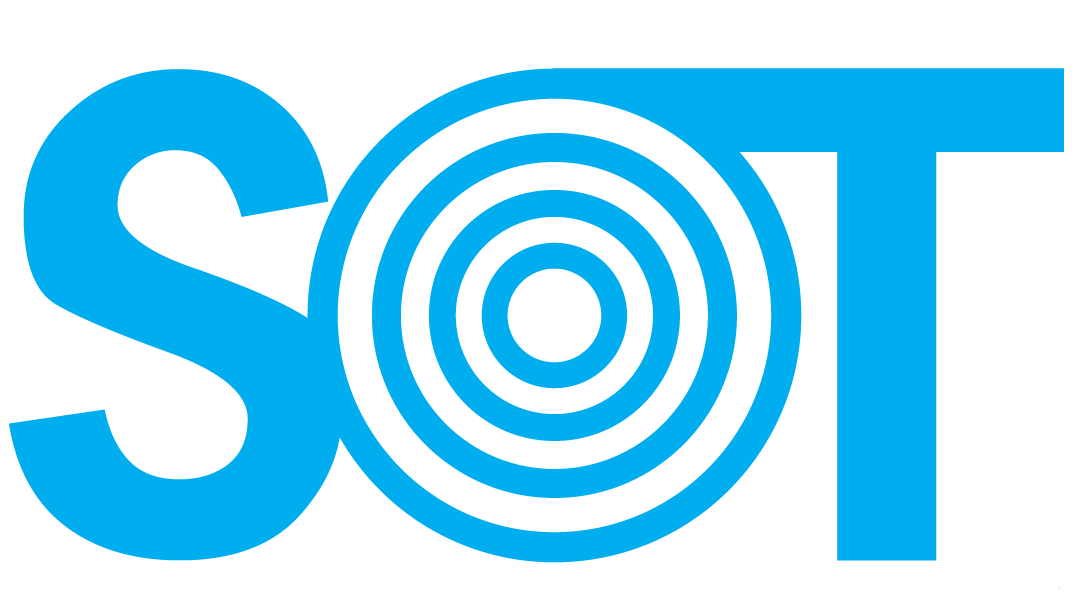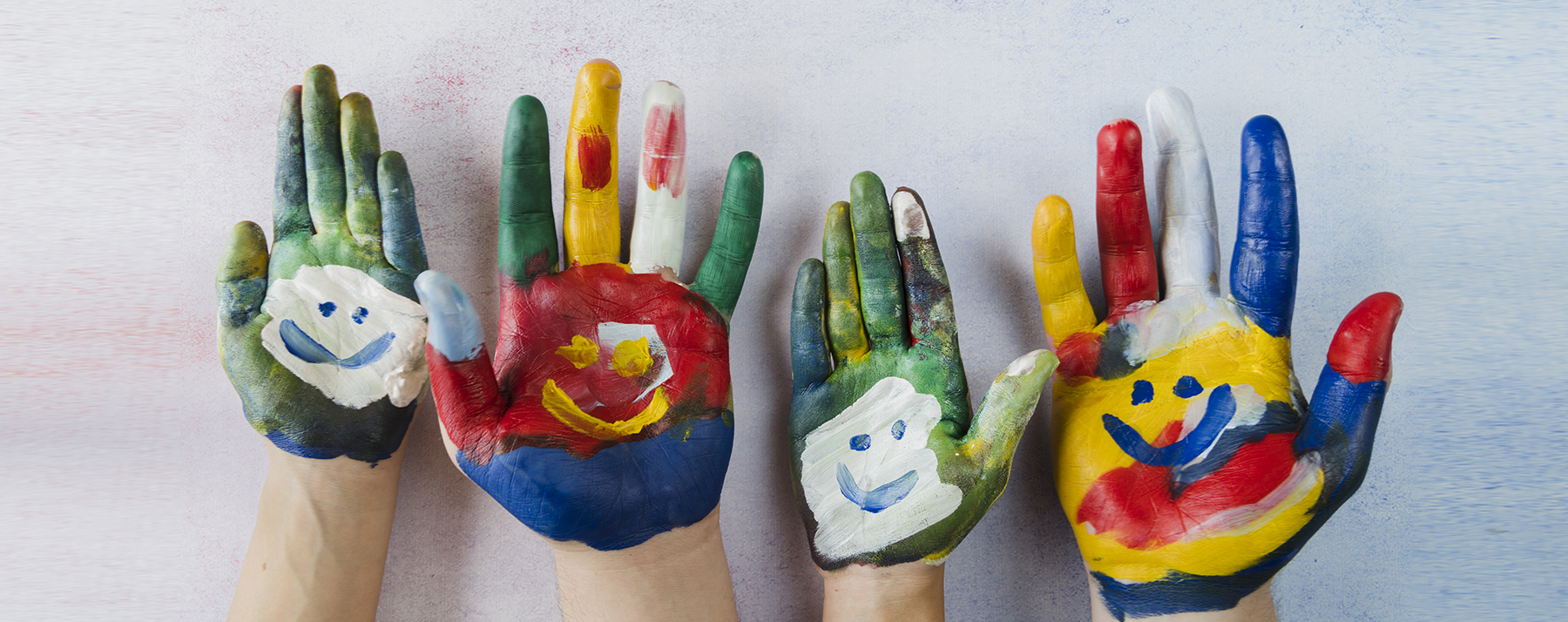Our world would be unimaginable if not for the philosophers, artists and musicians who have upturned the debate on what constitutes society, culture, expressive arts and valued social behaviour. This realignment has shaped our moral compasses from that of considerations based purely on religion and ethnicity and the expected norms of a society to a movement within popular culture that has re-shaped our minds and our behaviour (ACLU, 2020). It is claimed that confrontational and contentious art and entertainment challenge the right to free speech. Why should censorship of expression of ideas and understanding through the Arts be accepted when scenes of murder and mayhem dominate the TV screen, and when much sexually implicit and explicit material can be seen as degrading to women? Once we allow an ideology of our own making to censor someone else, we cede to it the power to censor the individual, community and country. “Censorship is like poison gas: a powerful weapon that can harm us when the wind shifts”. (ACLU, 2020)
1
Should governments (and non-government players) place national (or other) interests above a community’s or an individual’s right to artistic expression?
2
To what extent do the visual and performing arts subvert authoritarianism and help in the creation of free and open societies?
3
To what extent are social media and the Internet liberating or oppressive forces in the development of an expressive future today?
4
Should governments (and non-government players) place national (or other) interests above a community’s or an individual’s right to artistic expression?
5
Have social media platforms and their innovative tools killed creativity? Are accessibility and shareability desensitizing originality and killing the artistic vision?



